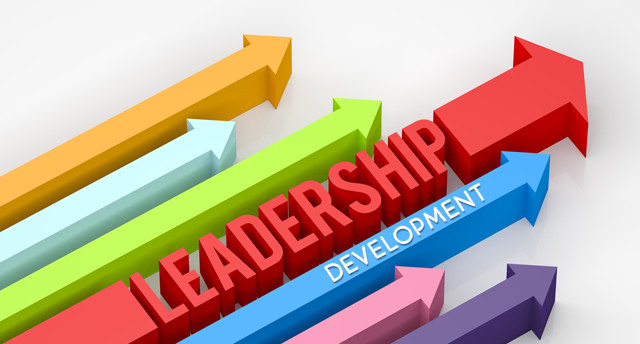Self-Awareness is in short supply in today’s workplace.
Self-awareness is a term that is thrown around a lot. It’s really easy to say, “Yes, I’m self-aware. I know who I am.”
A research study by Erich C. Dierdorff and Robert S. Rubin, two associate professors of management at DePaul University, revealed that self-awareness in the workplace significantly increases the probability of success. The research shows we are not very self-aware especially at work. Low self-awareness costs organisations time and money. The evidence shows people with low self-awareness can cut a team’s chances of success in half. As a results of working with colleagues who aren’t self-aware we have increased stress, decreased motivation, and a greater likelihood of leaving one’s job. Many of us might relate to this experience.
Today, with new generation multidimensional psychometric tools that goes beyond just personality questionnaires, underpinned by decades of big data and global research can provide insights into your self-perception, including objective data from others which can measure motivation, talent, competency potential and behaviour traits e.g. based on the Big Five personality factors. There are other tools e.g. The Reina Leadership Trust Scale® that can help leaders increase awareness of their trust-building-breaking behaviors, provide insights on where trust stands for you as a leader. The Resilience Institute Diagnostic is another powerful tool that can provide comprehensive insights across multiple dimensions of your resilience; including mental fitness, well-being, emotional intelligence, cognitive skills, and performance levels.
These and other tools available is a worthwhile option to provide leaders with quantifiable data to help increase their own self-awareness. When supported with one-on-one coaching it can indeed be valuable for a greater level of self-awareness, a cornerstone of individual, professional development and success.
A self-awareness at work article research published in Harvard Business Review found a massive gap between people’s own perceptions of their self-awareness and others’ perceptions. While 95% of people think they’re self-aware, only 10 to 15% actually are, per the study. The core problem is also that we are notoriously poor judges of our own capabilities.
A reminder for us is to take a pause often for self-reflection to have a reality testing between the external and internal world. In other words, to see ourselves and our situations for what it really is. Having a good coach helps. It will make it easier for us to bounce faster, grow, connect and be in the flow.
Samuel Kurian is a C-Level Coach and trusted leadership advisor, executive consultant. He works with leaders across industries, including work at the CEO, Board, and Executive Team levels.








